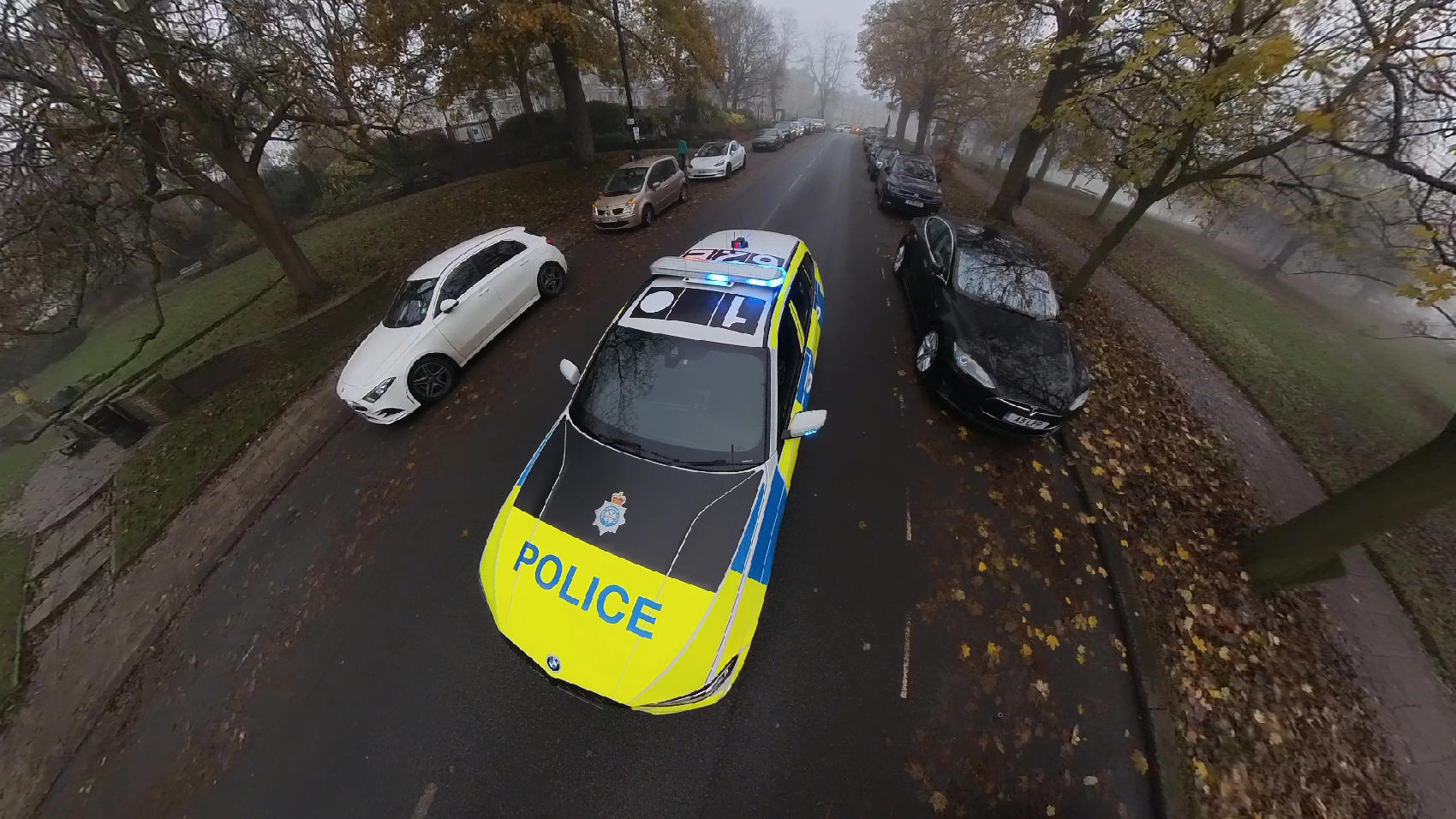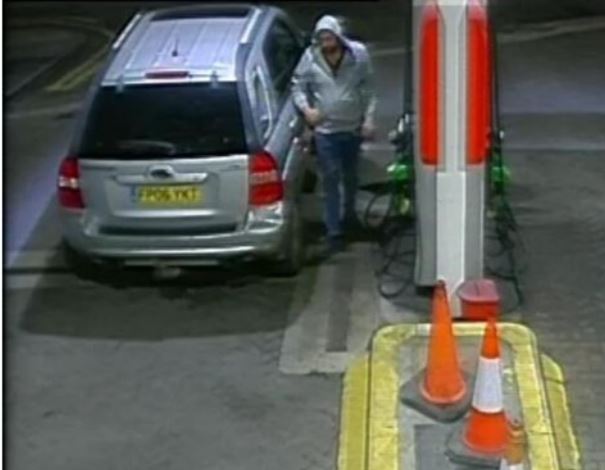The independent charity Crimestoppers has partnered with Cumbria, Lancashire, North Yorkshire, Northumbria, Cleveland and Durham police forces to help tackle cross-border rural crime.
It’s the first time Crimestoppers has run a joint campaign across those northern counties and aims to help root out and identify those responsible for crime in neighbouring rural areas.
Criminals often travel large distances using roads such as the A66, A1 or M6 to carry out crimes causing misery and significant financial lose.
The campaign seeks to cut cross-border rural crimes by increasing the amount of community information by encouraging the public to anonymously report suspicious activity in rural areas. There will also be tips on how to reduce your risk of having your property targeted.
The six police forces share intelligence and carry out joint operations which is very successful in stopping travelling criminals. However, with the help of the public who haven’t spoken up yet, they can be more effective in targeting resources and reducing crime in rural hot spots.
There are four themes for this campaign covering the theft of quad bikes and farm machinery, theft of livestock, burglary and poaching.
For example, a quad bike stolen in Cumbria may be transported to the North East and then be sold on and end up in West Yorkshire. Or sheep can be taken from a farm in North Yorkshire and end up in Lancashire. Criminals may travel across all these areas to carry out burglaries or thefts from more isolated, rural properties.
Rural crime impacts rural residents emotionally and it hits their pockets too – according to NFU Mutual’s 2023 Rural Crime Report, rural crime in the UK rose by 22% last year and cost an estimated £49.5m.
CS Cross Broder Rural Crime campaign
Simple steps to make your property and machinery secure:
Fit tracking devices to vehicles and machinery
Remove keys and keep vehicles locked away and out of sight
Lock your home and outbuildings at all times
Install CCTV or video doorbells
Put up signs saying you have fitted tracking devices and video cameras on your premises
Join a rural or farm watch scheme
Speak up about suspicious vehicles or individuals – registration numbers, make/model, description of individuals, times and dates, those who are selling stolen quad bikes or machinery, animals that have been poached or stolen, or those who target rural properties.
Fleur Brown, North East Regional Manager at the charity Crimestoppers, said:
Farms are not just businesses; they are family homes. Theft has huge financial repercussions for those who rely on livestock and machinery for their livelihood, and it also leaves rural communities feeling vulnerable and fearful for personal safety.
Wildlife crime covers a range of unlawful actions against our wild animals and includes poaching and hare coursing. Although not limited to the countryside, rural communities are particularly vulnerable to this crime due to their abundance of natural habitats for wildlife.
Help keep the North East safe. If you know or suspect who is committing rural crimes such as poaching, theft of livestock, quad bikes, farm machinery and the theft and burglaries of rural homes and businesses, contact our charity. We are here to take information from you 100% anonymously, always.
Susan Dungworth, Northumbria Police and Crime Commissioner said:
There is a lot of work happening by Northumbria Police along with our volunteers and partners to clampdown on thefts of all kinds from machinery to livestock.
Whatever your force area or postcode, we’re all together in the fight against rural crime and want to make sure when it does happen those responsible are caught and face the consequences of the law.
Matt Storey, Cleveland Police and Crime Commissioner, said:
It’s awful that communities in our countryside beauty spots are being targeted by criminals out for their own gain.
I hope this campaign will encourage more rural communities to report suspicious activity to help police crackdown on cross-county criminality.
Joy Allen, Police and Crime Commissioner for Durham welcomed the campaign, saying:
County Durham remains one of the few forces nationally to see a reduction in rural crime. Clearly, sustained investment and the willingness of local people to take a proactive role in combatting rural crime have played their part.
Local intelligence is a vital part of tackling crime affecting rural, remote and isolated communities, so I urge people to be vigilant. Working together, we can make our beautiful rural areas the safe, inclusive and welcoming places we want to live in and visit.
To report rural crime 100% anonymously, visit the charity’s website Crimestoppers-uk.org and fill in a secure anonymous online form or call their 24/7 UK Contact Centre on 0800 555 111, 365 days of the year. In an emergency, always call 999.
Please note: Computer IP addresses are never traced and no-one will ever know you contacted Crimestoppers. For telephone calls, there is no caller line display, no 1471 facility and the charity has never traced a call.







